Contents
Noticing weeds on the site, most gardeners seek to get rid of them immediately. But a wise master will find benefit in everything. Especially if the site is new and you do not know the composition or acidity of its soil. In this case, weeds will help. Determining the acidity of the soil by weeds is quite realistic and budgetary. It turns out that each weed prefers “its” soil.
Some plants thrive in acidic soils, while others do well in alkaline soils. Therefore, observing the variety of weeds on the site, you can do without special methods to determine its acidity.
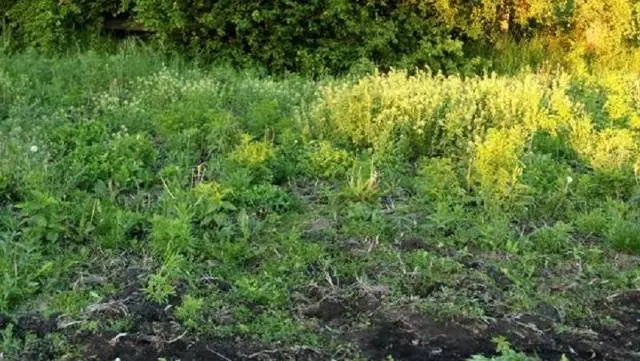
It is important to note that fertility, humidity, groundwater level, mineral composition and soil density are determined with the help of weeds. Ordinary weeds growing on the site turn out to be very useful plants for experienced gardeners. They serve as indicators of many parameters of your soil.
Many summer residents do not pay due attention to determining the properties and quality characteristics of the soil. In general, the matter rarely comes to the laboratory. But it will not be possible to grow a good crop without taking into account important indicators. After all, the health and well-being of planted plants directly depends on the acid-base balance of the soil.
Why does an ordinary summer resident need to know methods for determining soil acidity? It is important to know the pH value, it signals the behavior of individual nutrients in the soil. At certain values, they simply precipitate or turn into indigestible forms for cultivated plants.
Their protein and carbohydrate metabolism is disturbed, which leads to the withering of plants and the loss of a significant part of the crop. Therefore, you will have to take measures to alkalinize, but at the same time you need to be able to properly handle the soil. Otherwise, there will be more harm than good. When mineral fertilizers are applied to acidic soil (they are also acidic), you will get a very short-term effect. And then the plants will experience even more oppression. But organic matter for acidic soil is more useful than liming. Knowing the degree of soil acidity, you can accurately calculate the dose of mineral fertilizers.
It is not always possible to apply modern methods of studying country soil. Many summer residents know how to determine the acidity of the soil by weeds. To do this, you just need to look at the plants that grow well on the site without human intervention.
The herbage is also influenced by other characteristics of the land, its fertility, humidity, and mineral composition. In addition, in one area in different zones, the acidity of the soil can vary significantly.
Types of weeds to determine the acidity of the soil
Most often, summer residents are interested in the ability to determine acidic soil. Many plants do not grow well in acidic soil. Therefore, a good harvest or lush flowering is not to be expected.
If the site has acidic soil, how to determine by weeds, photos of which can be found in any directory? What weeds will tell you that your site has soil with high acidity? Let’s start with the names and photos of the most common herbs.
On very acidic soils, the field umbilicus grows,
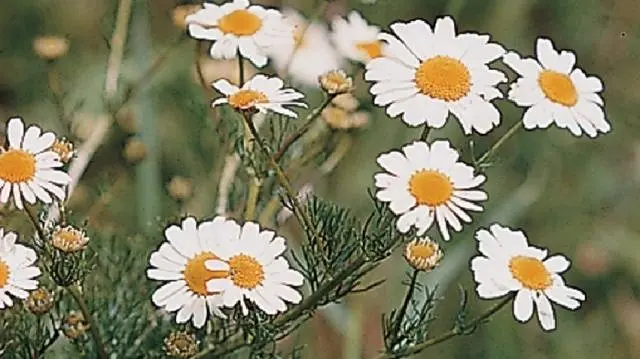
watercress, blueberry,
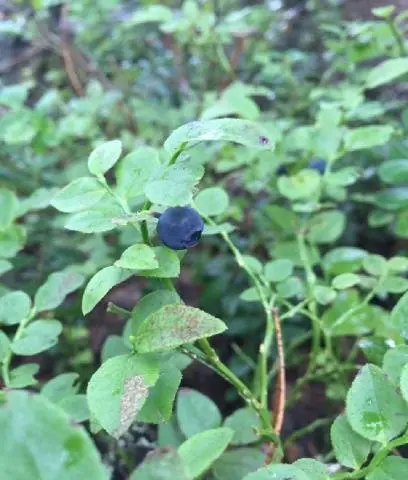
erica, sorrel sour, white-bearded protruding, meadow maryannik.
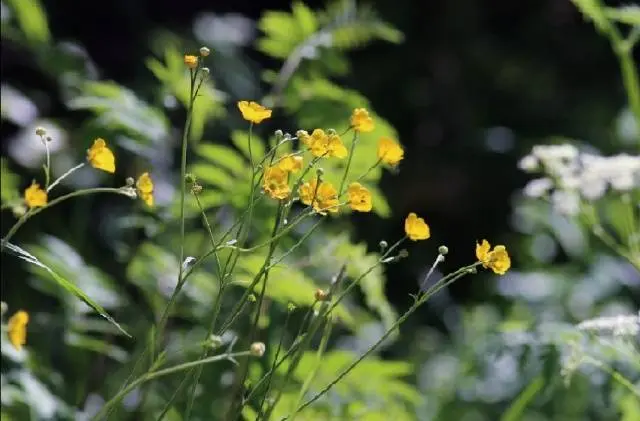
On soil with an average acidity, Baltic sphagnum grows,
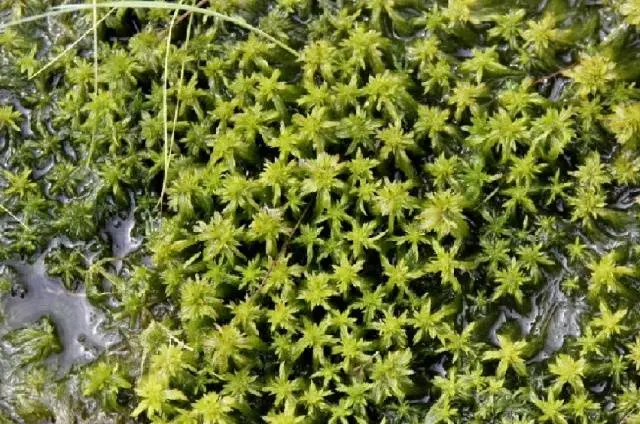
mountaineer sorrel, mint,
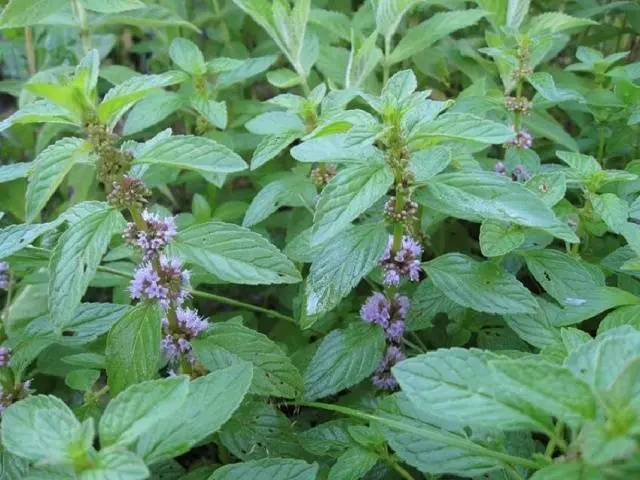
cranberries, rosemary marsh,
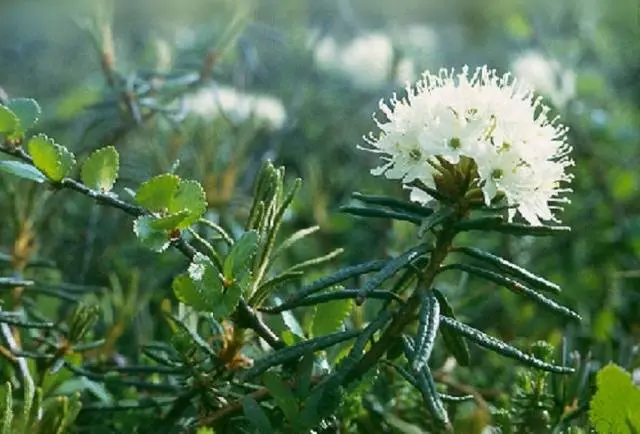
bear’s ear, oxalis.
Slightly acidic soil can be recognized by the presence of sedge (hairy and early),
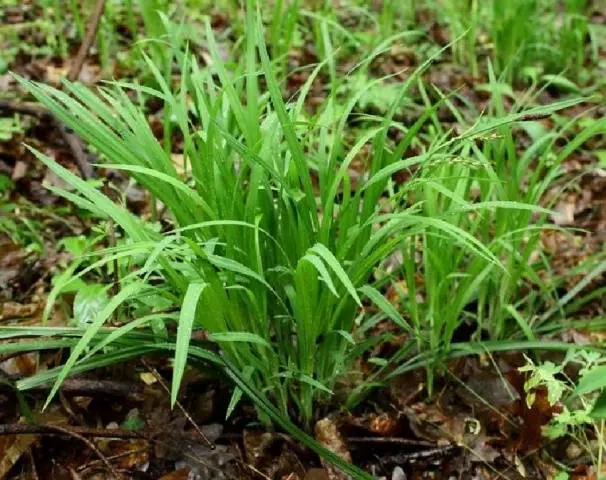
wild rose male, anemone oak and ranunculus,

lesovki forest, nettle and broad-leaved bell, creeping wheatgrass,
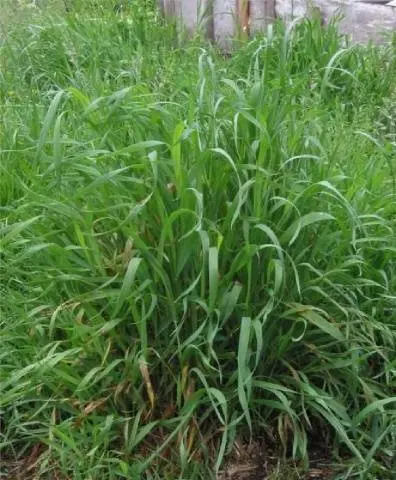
coltsfoot,
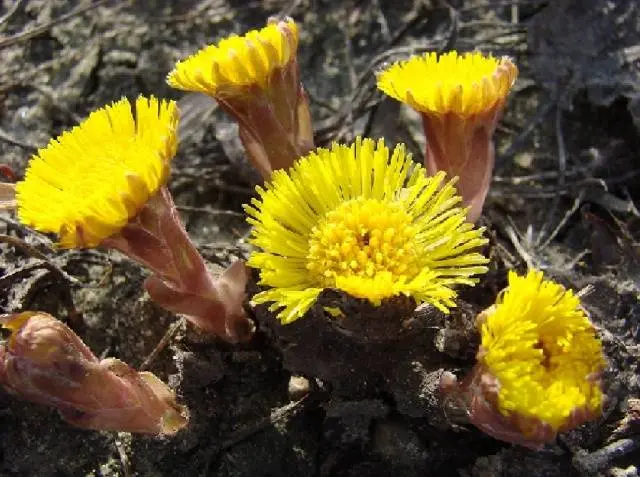
bottom
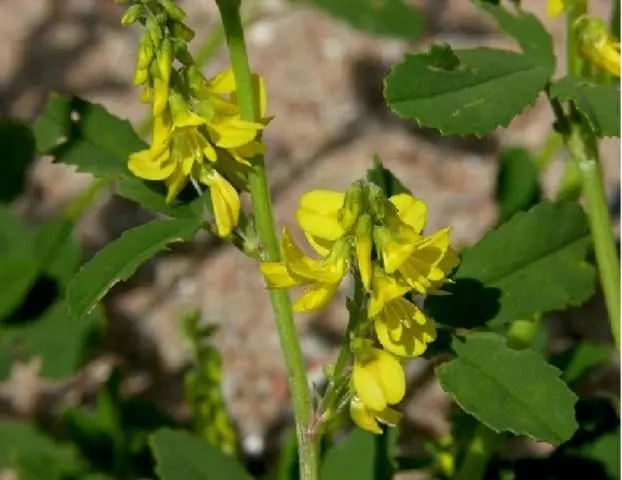
Sorrel, tricolor violet, horsetail love acidic soil,
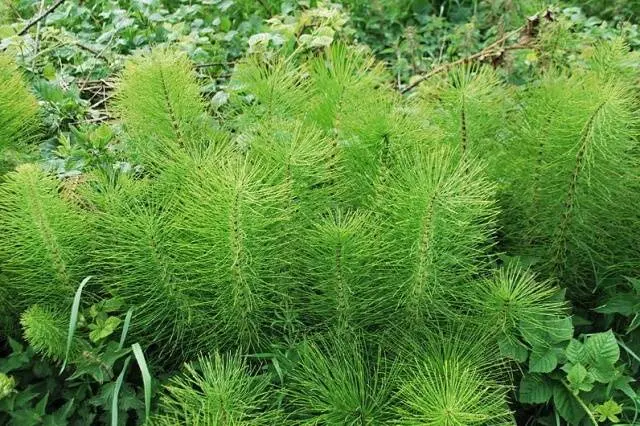
plantain,
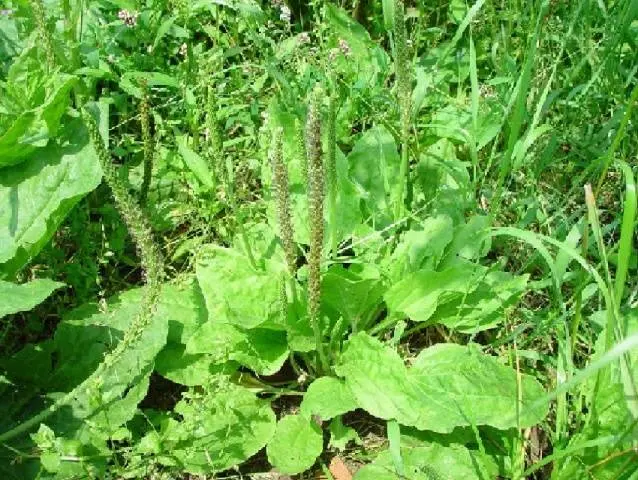
rough mountaineer. You need to know that individually or very rarely growing weeds are not considered indicators. Only the predominance of these plants on the site can be called a signal of the degree of acidity of the earth.
Alkaline soil abounds with bindweeds and poppies.
helpful hints
Many crops have good adaptability to fluctuations in pH. Therefore, in different sources you can find directly opposite information about indicator weeds. In addition, very rarely cultures are full adherents of one type of soil. But if you do not take into account its “tastes” at all, then you can even destroy a useful plant. Why? In soil with an increased level of acidity, nitrogen nutrition is disturbed and a sufficient amount of magnesium, calcium and phosphorus does not enter the plant. But it does contain toxic compounds. Another detrimental factor for cultivated species is the rapid development of pathogenic microorganisms in an acidic environment.
How to reduce the level of soil acidity in the area without negative consequences
Deoxidize it with natural materials. Deacidify the soil with lime, dolomite flour, chalk, lime flour. Wood ash works well. Its action is much softer, but no less effective.
Therefore, deoxidation is carried out annually and regularly. As soon as you notice problems with the growth and development of plants, immediately check the level of acidity.
Everything goes to the aid of an experienced gardener. Therefore, look closely at the plants in your area. They can tell you a lot of useful things.









